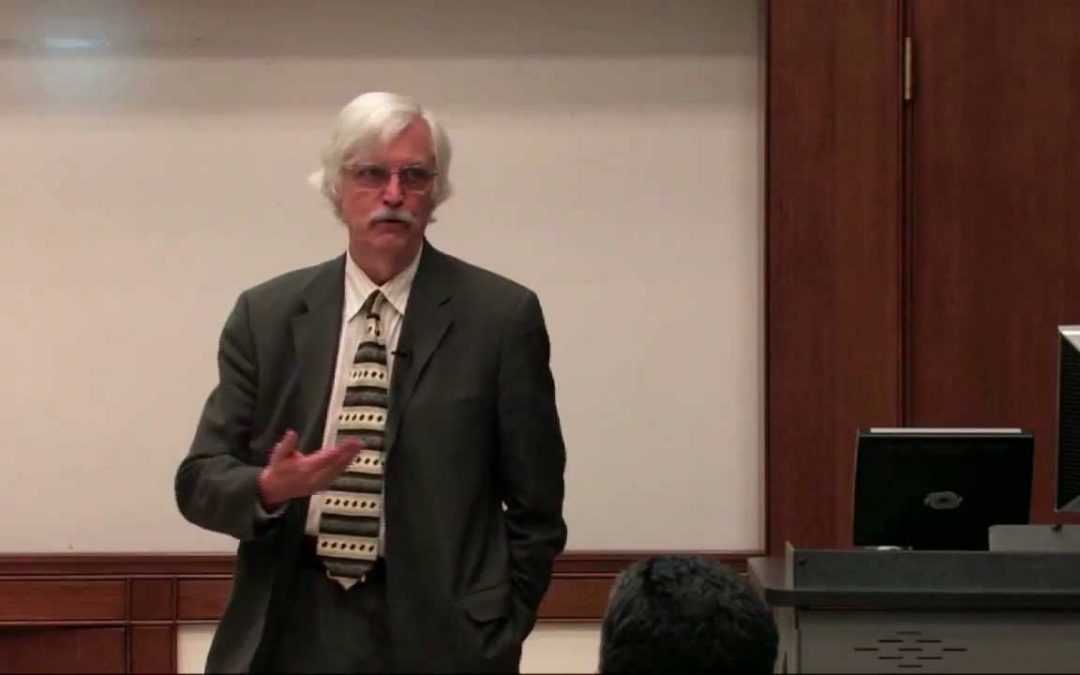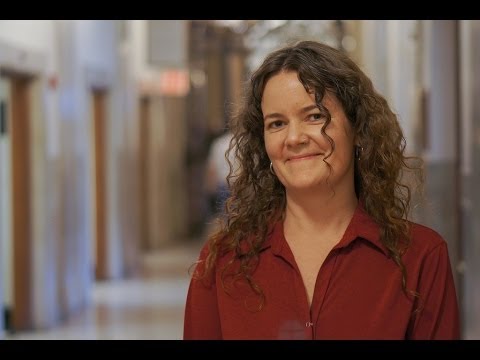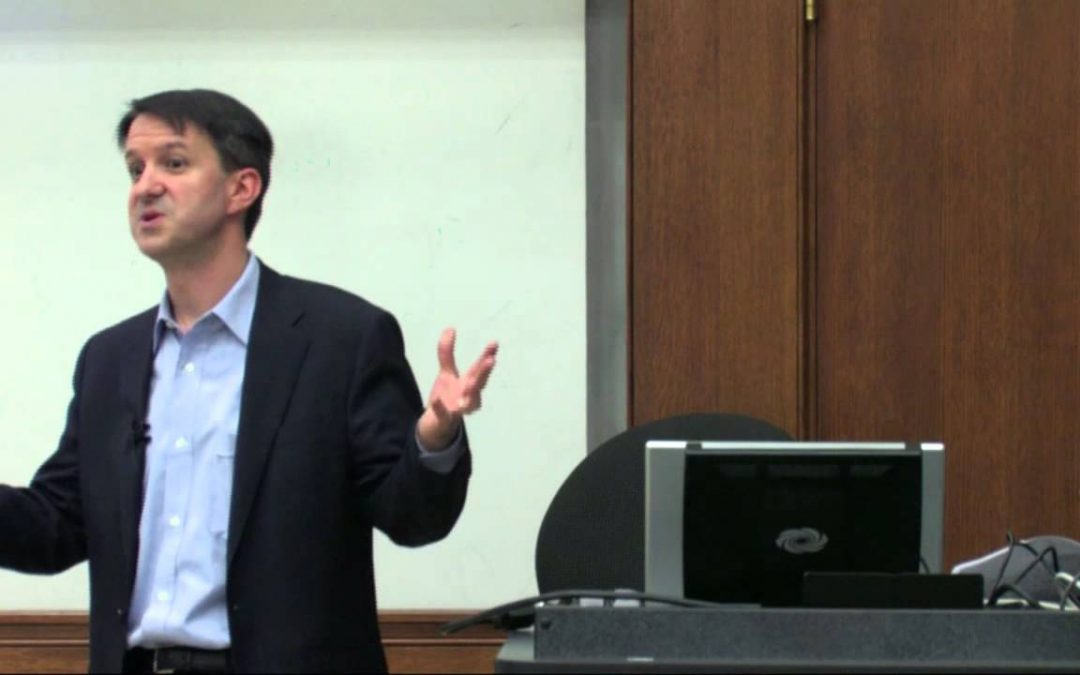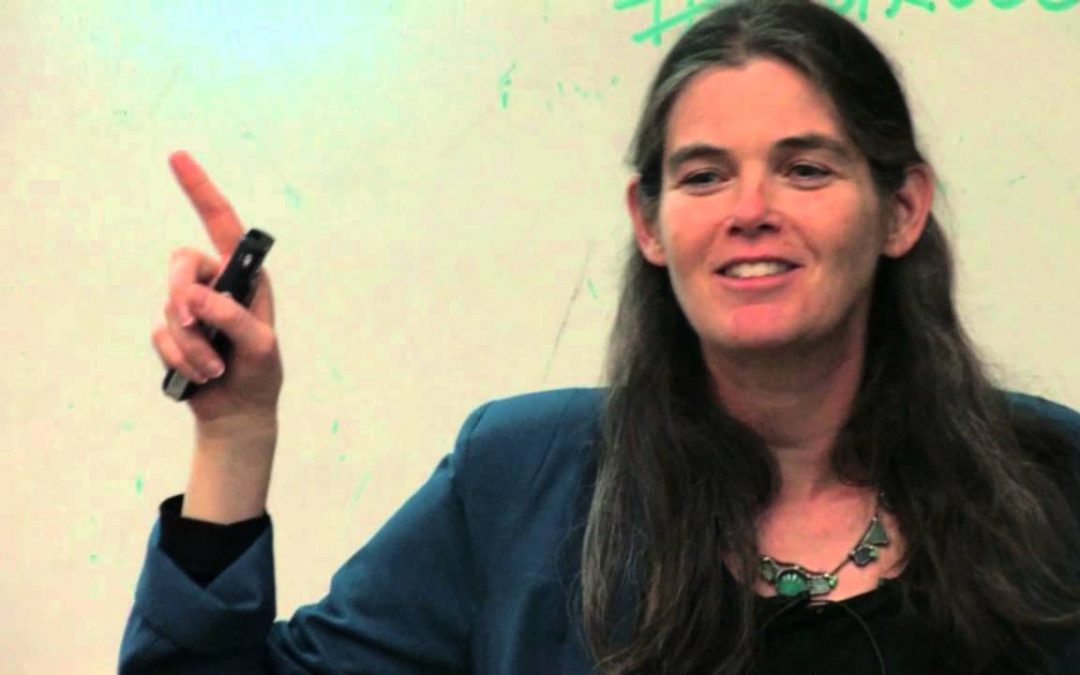
by Columbia Online | Dec 13, 2013 | Seminars
Harvard University’s Chris Dede visited Columbia gave a presentation on the future of digital learning in higher education. His presentation was part of Conversations on Online Learning, a series of talks sponsored by the University’s Office of the Provost and the Center for New Media Teaching and Learning (CCNMTL). CCNMTL’s video team captured Dede’s presentation, which you can view below.

by Columbia Online | Oct 17, 2013 | Seminars
Audrey Watters, a leading freelance writer in the education field and author of the blog Hack Education, spoke at Columbia University. Watters’ talk, “(Student) Data is the New Oil: MOOCs, Metaphor, and Money,” examines “student data as the new oil” — the metaphor and the money behind education data and learning analytics as seen in MOOCs and other education technologies.

by Columbia Online | May 9, 2013 | Seminars
Columbia Chief Digital Officer Sree Sreenivasan and the Columbia Center for New Media Teaching and Learning (CCNMTL) sponsored a speaker series at Columbia University featuring innovators in the fields of technology and higher ed. Videos of the two most recent talks – by Jeffrey Selingo, author and editor at large of The Chronicle of Higher Education and Candace Thille, Director of the Open Learning Initiative at Carnegie Mellon University – are now publicly available.Selingo’s talk, “Tomorrow’s College: The Future of Higher Education,” discussed how the perfect storm of financial, political, demographic, and technological forces are changing higher education forever.

by Columbia Online | Apr 17, 2013 | Seminars
Daphne Koller, Stanford University professor and co-founder of massively open online course (MOOC) platform Coursera, spoke at Columbia University.
Koller’s talk, “The Online Revolution: Education for Everyone,” discusses how the advent of MOOCs is transforming higher education. Dozens of top universities now offer MOOCs that span a range of topics including computer science, business, medicine, science, humanities, social sciences, and more. Launched in April 2012, Coursera now has over 3 million students, ranging from 10 to 90 years old, of whom 40% are in the developing world. In this talk, Koller reported on this far-reaching experiment in education, including some examples and preliminary analytics. She also discussed how this model can support an improved learning experience for on-campus students, via blended learning, and provide unprecedented access to education to millions of students around the world.



